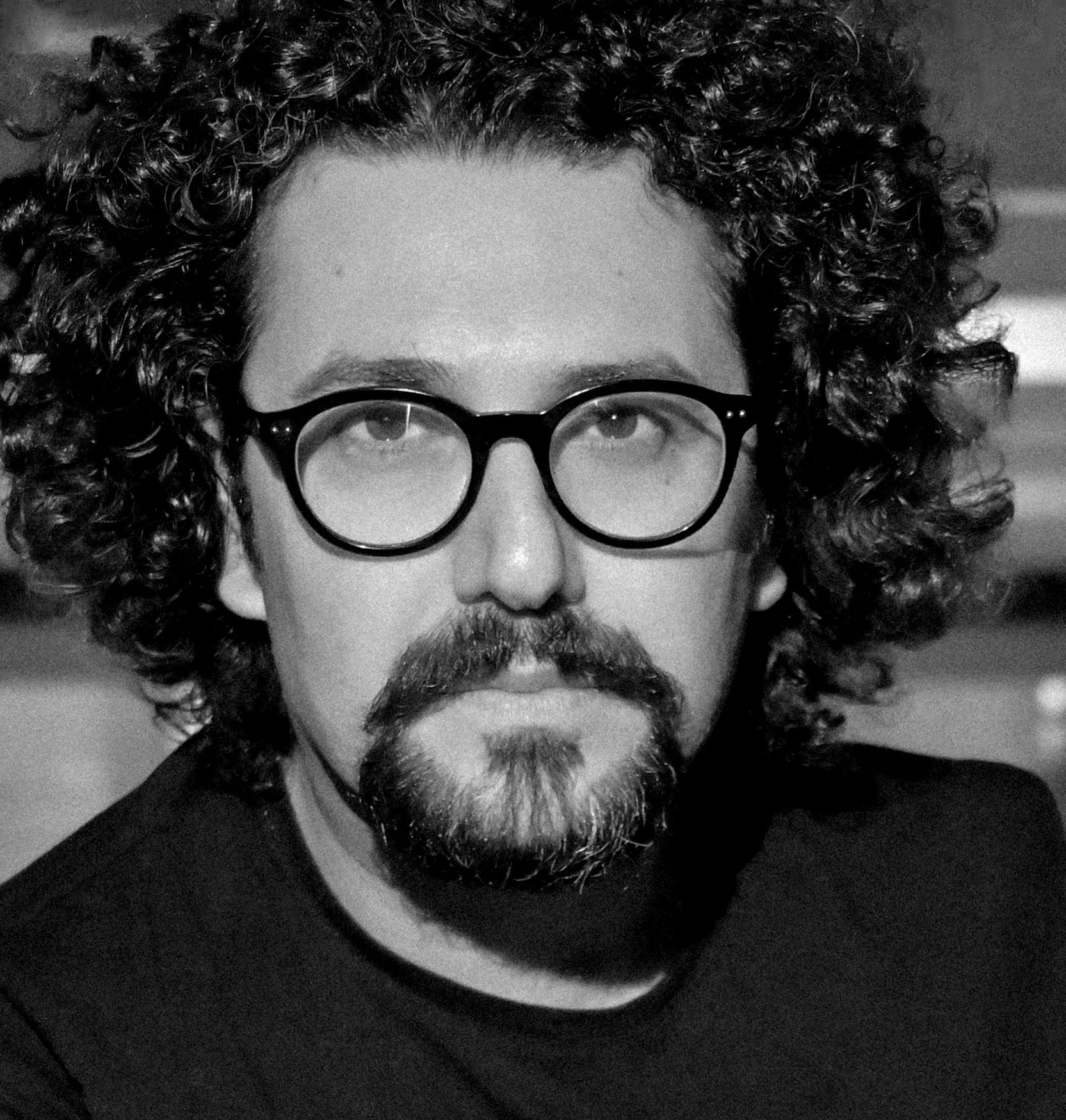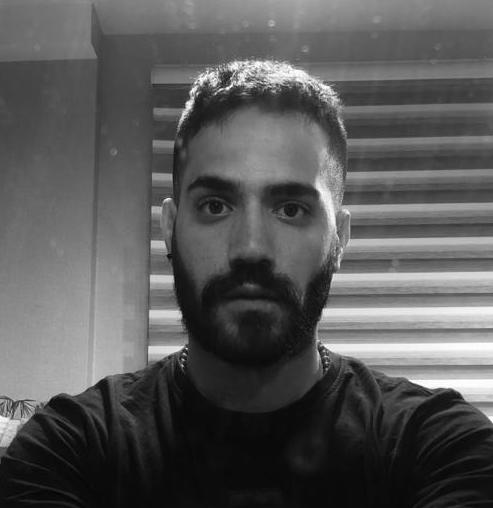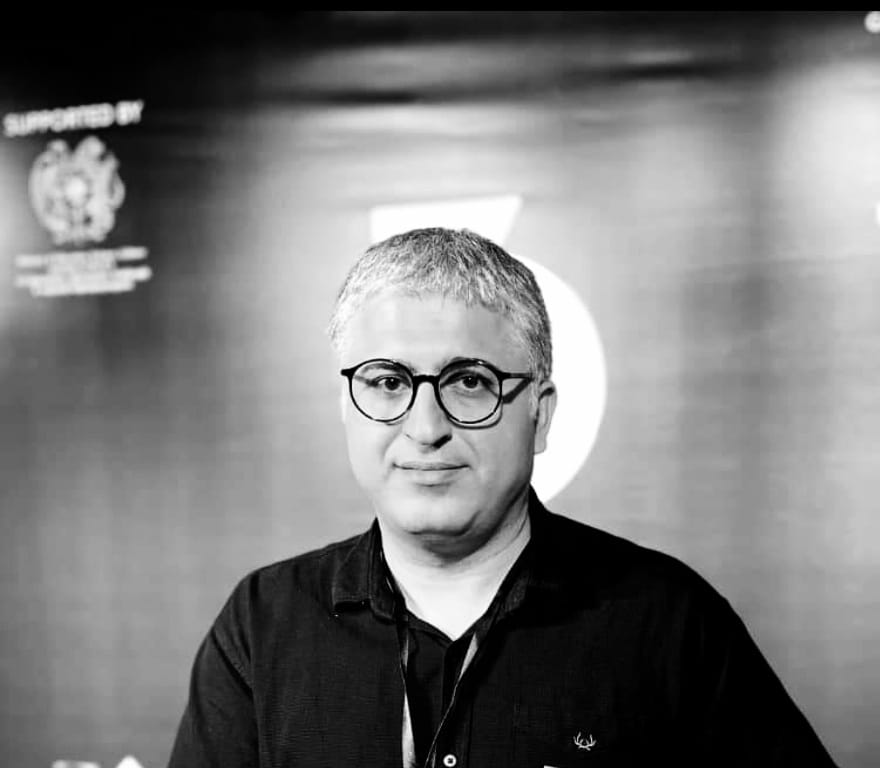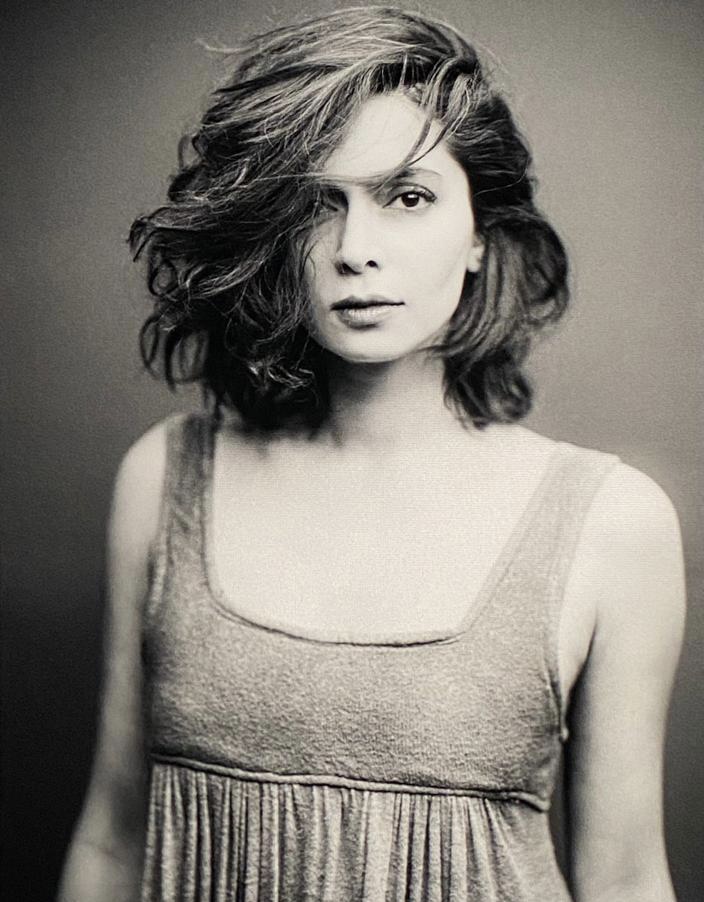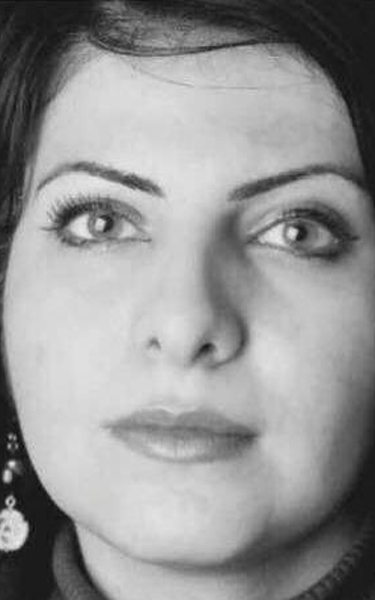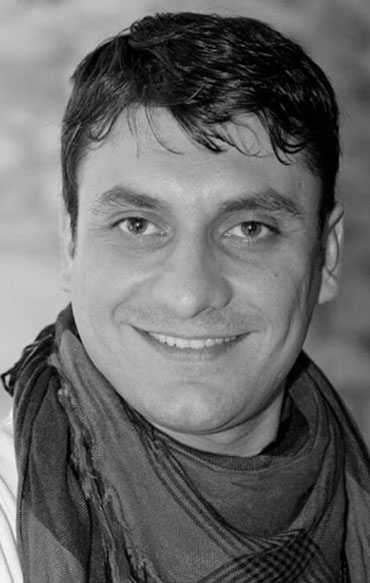Reza Bird, is an Iranian filmmaker who has been forced into exile due to his political and social activism. Reza has previously worked with networks such as Arte, BBC, and VOA and also notable brands such as Twitch, Apple, and Gravity Sketch.
Mohammad Valizadegan
Born in 1986 in Tehran is an Iranian actor, dancer and filmmaker.
He is a master degree graduate in theater directing from the School of Art and Architecture. While studying , he continued his career as a dancer and an actor with professional theatre groups in 2003. Since then he has been active in the cinema industry as an actor including the 2020 Golden bear winner film there is no evil directed by Mohammad Rasoulof. And me, I’m dancing too is his debut experience as a director.
Abbas Amini
Born in Abadan , Iran in 1982, he moved to Tehran in 2001 and began working as an assistant director on various features films . His first short films and documentaries focused on social topics such as the consequences of the Iraq-Iran war and particularly the welfare of children . He has been a volunteer for the Association for the Protection of Child Laborers (APCL) for the past ten years . His debut feature film VALDERAMA screened in the 2016 Berlinale Generation.
Pegah Ahangarani
Pegah Ahangarani (born1984) is an Iranian actress, a film director and a musician. She has made 9 documentaries and acted in more than 40 feature films. Her movies have been shown in many festivals, including Berlinale, Toronto Film Festival, Venice Film Festiva etc. She has received many prizes in different festivals : The Best Actress in Cairo FF, Best Actress in Locarno Film Festival, Best Director in Cinema Verité IFF, Best Director in Isfahan IFF and more
Azadeh Bizargiti
Bizargiti’s oeuvre includes directing, research, and producing a series of long and short documentaries, as well as authoring a number of articles on literature, women and cinema. An Angle Over My Right Shoulder (2011), the Scent of Lemon at Dawn (2014), Hidden Half (2016) and Waterfolk (2019) are noted as some of her documentaries.
Omid Marzban
A journalist and filmmaker from Afghanistan, studied screenwriting and film direction at the Prague Film School. Born in 1984, he witnessed all the stormy political upheavals in Afghanistan over the past three decades – from the collapse of the Communist regime to the transition of power to the Mujahideen, the Civil War, the Taliban and Afghanistan after the Taliban.

